Hyundai Motor Group has revealed a scalable modular EV platform set to underpin a range of SUV and sedan bodystyles in the near future.
Hyundai Motor Group says the platform, dubbed Electric-Global Modular Platform (E-GMP), will allow Hyundai and Kia electric vehicles (EVs) 500km+ of range (WTLP), an 800V electrical system, and a maximum charging speed of 25km/min.
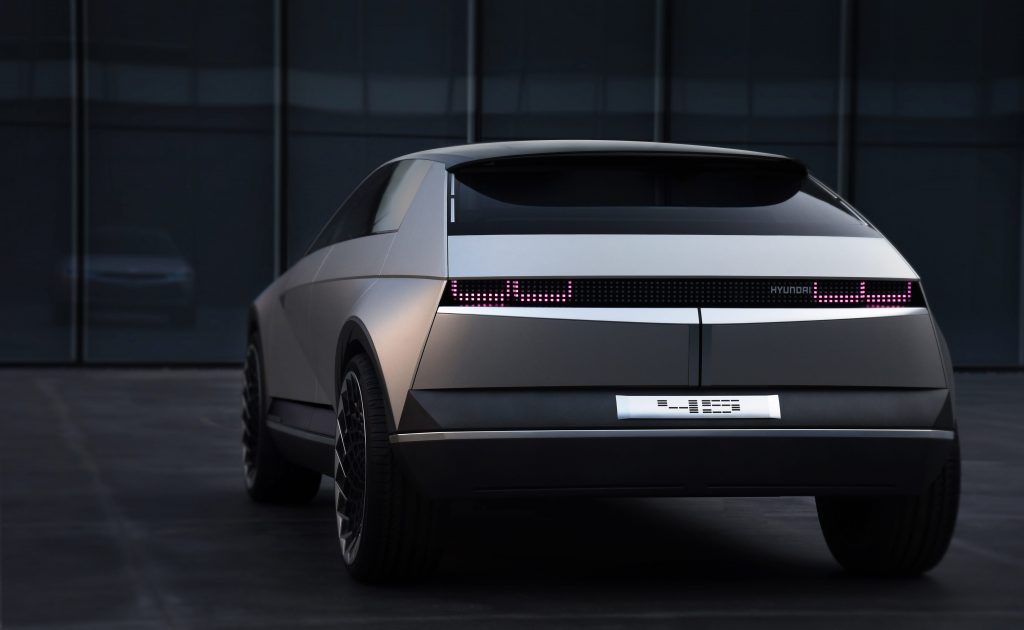
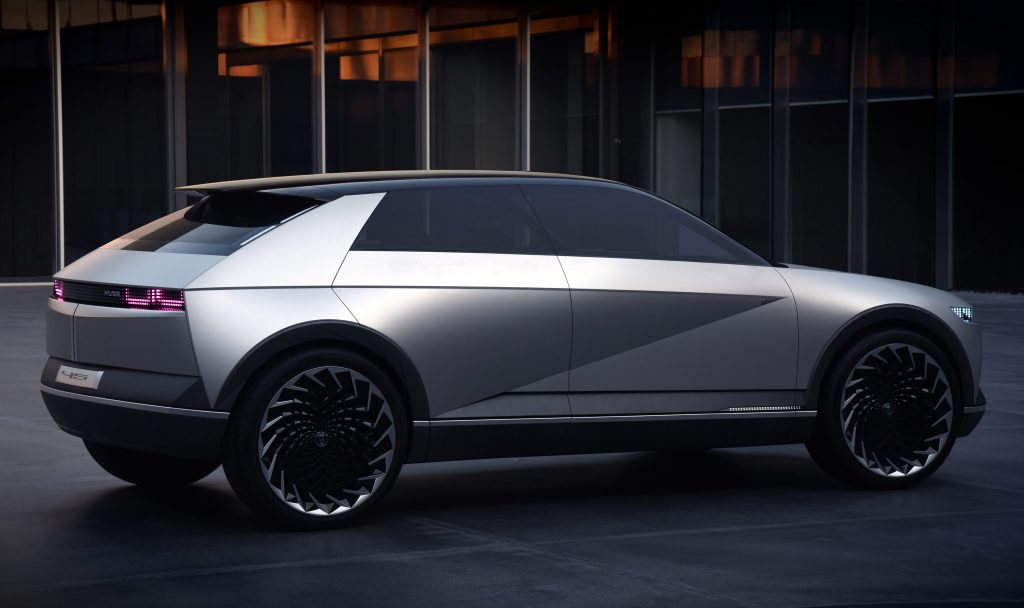
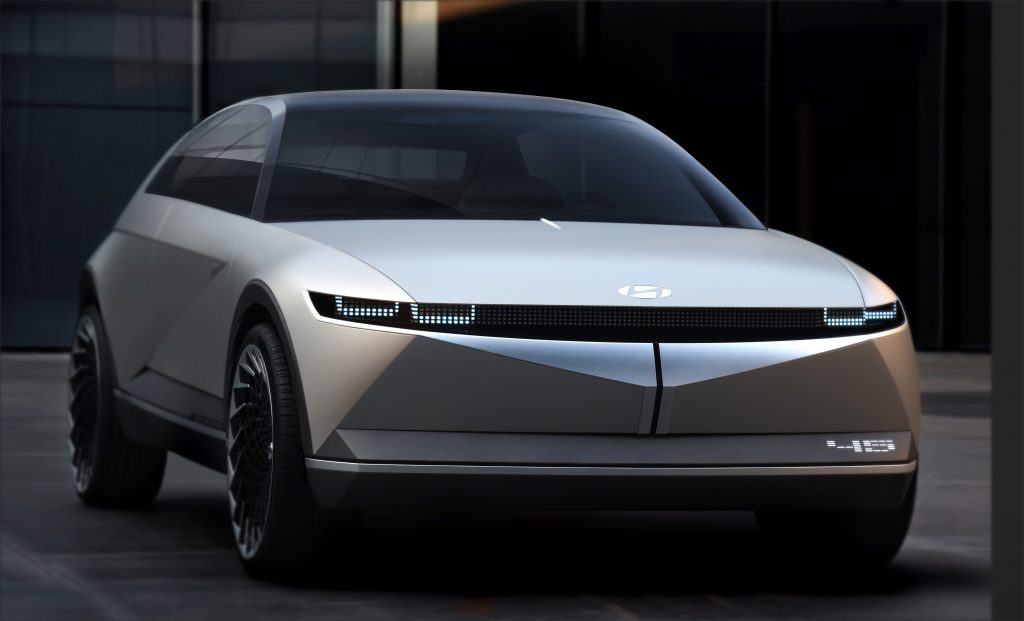
Bodystyles including SUVs, sedans, and crossovers will be made from the rear-wheel drive platform (AWD will be available on some models), with Hyundai claiming that “a high performance model will accelerate from 0-100km/h in less than 3.5 seconds and achieve a maximum speed of 260km/h”. Expect this platform to feature in cars such as new versions of the Hyundai Kona Electric.
Hyundai has not yet announced any details regarding a sports electric vehicle but if its Veloster-based RM20e prototype – capable of creating 596kW/960Nm and 0-100km/h in less than three seconds – is anything to go by, the upcoming performance model should be a tree-hugging riot.
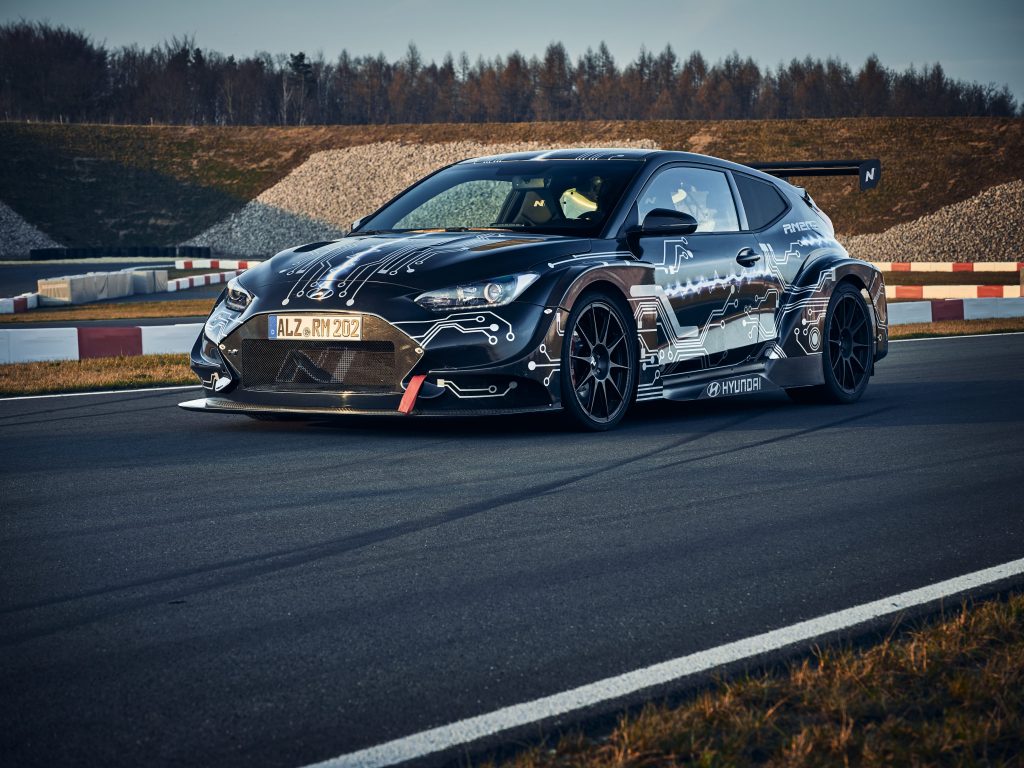
The mid-engined, rear-wheel drive Hyundai RM20e prototype was demonstrated earlier this year to showcase the brand’s electric potential.
The batteries used in Hyundai’s modular EV platform, which have seen a 10% improvement in energy-density, operate on 800V architecture (the same as a Porsche Taycan), offer bi-directional charging (just like a Nissan Leaf) and can hit 80% charge in just 18 minutes. No info on the battery’s type or chemical composition, but Hyundai claims you can even use the system – which can output 3.5kW of power between 110-220V – to simultaneously power a mid-size air-conditioner and 55-inch TV.
It’s can even go so far as to charge another EV, apparently.
On top of improvements to performance and economy, Hyundai says the modular electric vehicle (EV) platform brings benefits to vehicle safety and passenger space, thanks to a lower centre of gravity, use of effective energy load paths via energy-absorbent sections, and “optimal weight distribution between front and rear”.
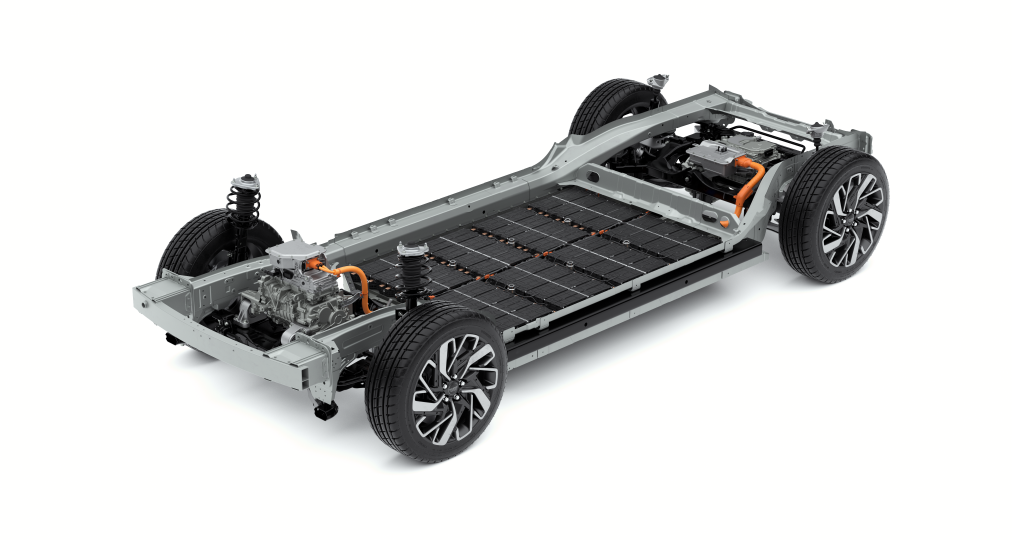

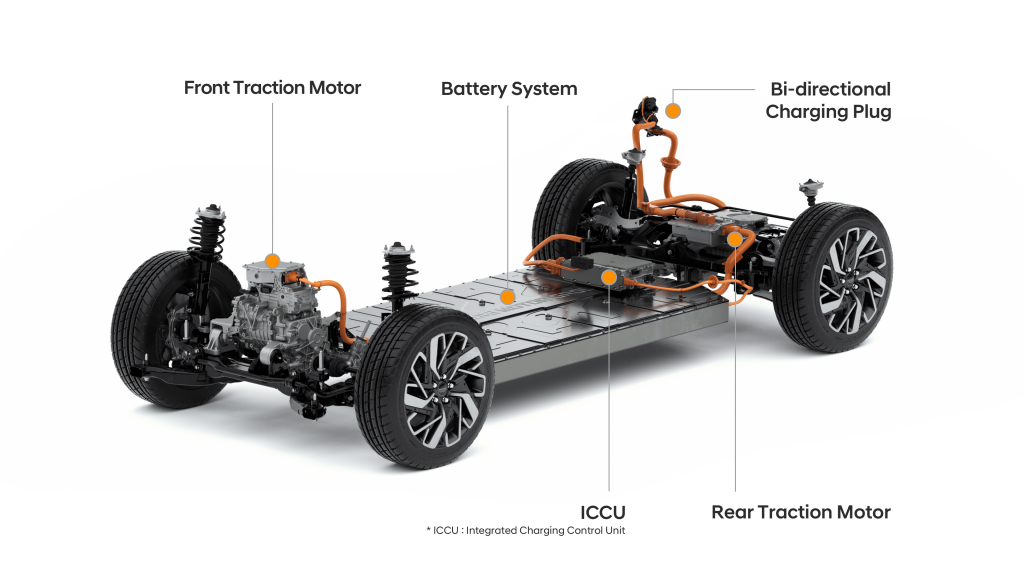
No clue if Hyundai is subtly hinting on a split 50/50 weight distribution for upcoming models, but it’s still an enticing comment – particularly if Hyundai (or Albert Biermann) is looking towards making EVs feel more driver-oriented. A hint-turned-theory as E-GMP models will also feature a five-link rear suspension.
Regarding safety, it’s interesting to note that because an EV’s ‘fuel’ supply and drivetrain is so different to a internal combustion-powered vehicle, in terms of mass, size, shape, and crushability, creating an EV from the retrofitted platform of a ICE vehicle is easier said than done.
Floors, for example, must be modified and reinforced to support the gluttonous weight of the battery pack; the vehicle’s front structure may need to be adjusted to compensate for the deletion of the large, rigid combustion engine (which plays a part in a frontal crash); and torsional rigidity may need to be reviewed due to larger values of stress being put on different areas of the car, among others.
Modifying existing platforms is laborious and inefficient, which is why it makes so much sense to create an EV-specific platform from scratch.
Modular platforms, however, are scalable platforms designed to be compatible across a range of models and follow an engineering principle that negates the use of model-specific componentry, including structural parts and underbodies, linkages, axles, and suspension.
Both Volkswagen and Toyota use modular EV platforms, with VW calling its platform ‘Modular Electric-Drive Toolkit’ (MEB) and using it to support the upcoming Volkswagen ID.3 and ID.4, and Audi Q4 e-tron; and Toyota calling its platform ‘Electric Toyota New Global Architecture’ (e-TNGA) which will reportedly support 10 upcoming EV models in the coming years.
Hyundai Motor Group stated that the E-GMP will support its plans to sell 23 battery-electric vehicles by 2025, kicking off with the yet-announced Hyundai IONIQ 5 due in 2021.
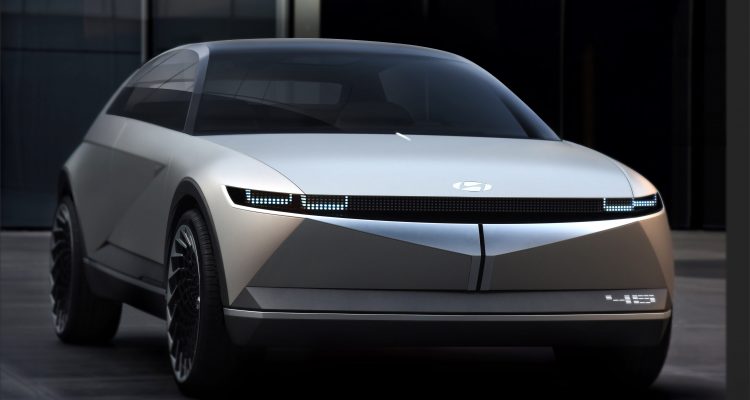
Leave a Reply